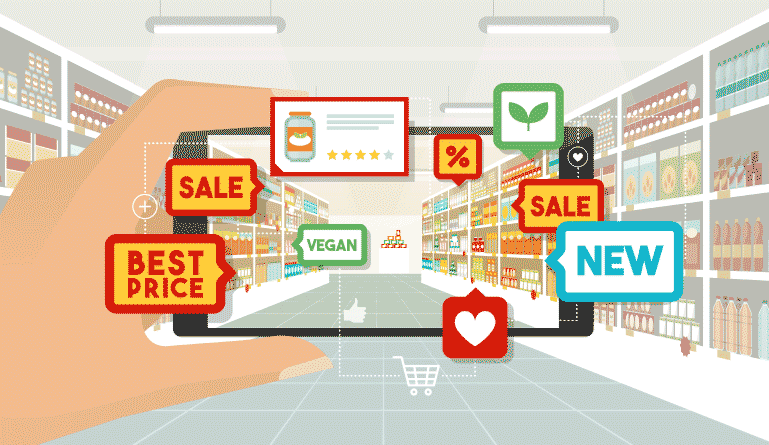While international businesses have many opportunities, they also face several challenges. One of their biggest strengths is that they have an entire global customer audience, but it doesn’t come without a cost. When it comes to how product decisions made in international business, it’s important to be patient, do extensive research, and understand the market.
Companies that are based in the United States and simply offer shipping or distribution to other countries must consider the marketing restrictions and regulations of GDPR, which affect customer communication throughout Europe. Companies that manufacture in a company that is owned and operated in another country must consider the labor laws and safety regulations of that country. Some companies must also consider if any of their product ingredients or materials are banned from certain countries they want to sell into.
Does the product decision-making process differ for international businesses?
Here is what you want to consider when making product decisions for an international business.
When it comes to creating, developing, and launching new products in different international markets, here are some questions to ask.
Is anything about your product or service culturally or legally prohibited?
One of the most important things a business can do when considering and developing new products is researching and understanding social norms within that country or prevailing culture. If your business isn’t native to the country you’re launching in, hire a consultant or team of cultural educators who can come in and provide training and instruction on what to avoid and what might be a good fit for that market.
Do the appropriate promotion channels exist?
It’s important to not just launch a product or category in a new country because it worked well somewhere else. What sold successfully in the U.S. might not fare very well in the Philippines or Sweden. Part of the reason for that is that the US has a nearly limitless way to promote products and services, from magazine ads to billboards to TV to social media. Some country’s consumers have limited or restricted access to the internet, which might make sharing the benefits of the product difficult and make it less successful than its US launch.
Does it meet a need of that international target market?
The needs of customers in each global market and across each country are not identical. When adding a product to an international market, it’s important to consider if it is meeting a desire or need of that country’s demographic, or if it’s being pushed because it was successful somewhere else with a very different customer base.
Can you speak that country’s language?
This doesn’t have to mean literally, although that would be helpful. But even if you’ve got a good translator, you’ll need to think about the sorts of things that “speak” to that audience, including things like local spelling, idioms, and even packaging. The UK and Australian English have many different spellings of words than American. Many international products are packaged very differently globally as well. For example, the way tea is shipped and stored in Europe and Asia is different than the Americas, and in some parts of the world, milk is sold in a bag and not a box. In many countries, more than one language is spoken and it’s important to ensure that your product isn’t alienating a whole audience. There are all important considerations to make when you’re thinking about international marketing and general product decisions for an international business.
Make sure you and your business team are focusing on one market at a time to make the most of your efforts and at the same time, focus on all the correct components to ensure success. Launching a new product or business internationally can be a hugely successful venture for many companies, as it helps grow their customer base significantly. When it comes to product decisions made in international business, it’s important to be patient, do extensive research, and understand the market as completely as possible before making any final product decisions.





